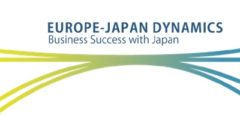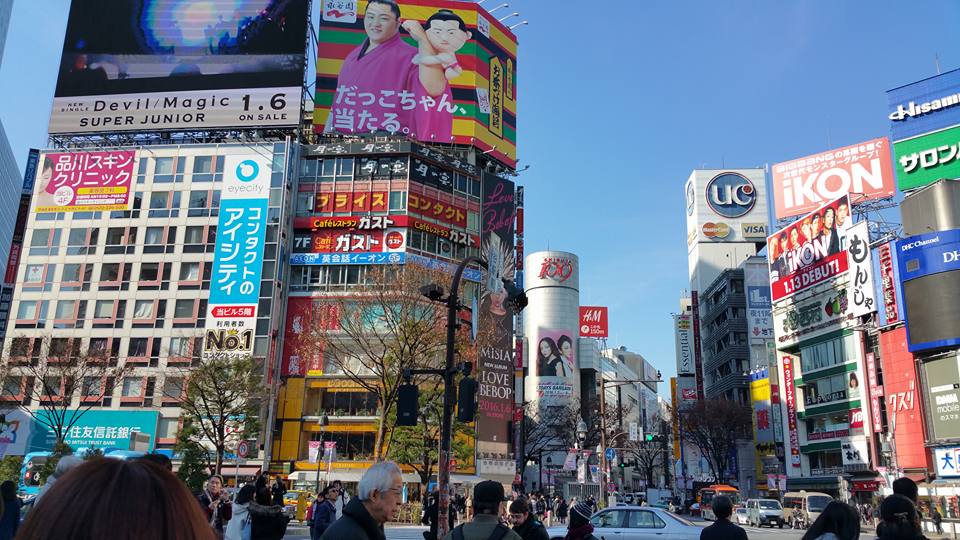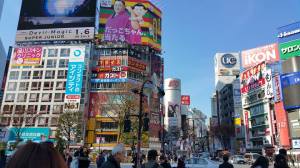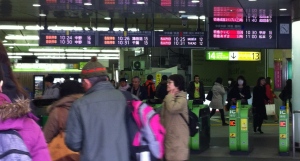Welcome to Europe-Japan Dynamics!
This is our blog page.
Please click here for what we do.
Please click here for who we are.
************************************
Please enjoy fresh & hot news from Japan with comments by Europe-Japan Dynamics.
5 Dec. From filament to stamp, Panasonic switching the use of material of lamps due to switching of lighting to LED
Panasonic converted material (tungsten) for the filament of incandescent and fluorescent lamps into a stamp. Due to the spread of lighting by LED (light emitting diode), the use of the filament is decreasing. The company therefore has switched the use of processing technique of tungsten developed in-house to stamps. The stamps made from tungsten has advantages over existing materials of stamps, such as a long life and only a little pressure needed to use it. Panasonic plans to ship the material to stamp manufacturers before the end of this year.
Comments: Panasonic is flexible to search and find a new use of existing techniques in a competitive ways.
6 Dec. Automatic driving car carrying cars for export to a wharf, ”Intelligent Vehicle Towing” introduced by Nissan Oppama Factory
Nissan Motor Corp. introduced and showed to the press a system to carry newly manufactured cars from the factory to a dedicated wharf by an electric car (EV) of the automatic driving in its major Oppama Factory (Yokosuka-shi, Kanagawa-ken). Nissan plans to use this system to carry 1,000 cars per day by 2019, thus to improve efficiency of production and the shipment.
Comments: Automatic cars may be used more efficiently in private premises for limited purposes than in public roads, at least until technology and operational know-how will have been piled up.

7 Dec. Monitoring teleworkers, Canon to start a support service
Canon announced that the company will launch a system to support “the telework” via the Internet, a style of working to work at homes. The system allows managers to watch employees working at home with a remote camera, and will be introduced to the market next February. The Government promoting the telecom as a part of “The reform of the way of working”, Canan and its competitors are developing the systems that facilitate the telework.
Comments: The system hits a thin line between private and work lives. Would teleworkers want to have a monitoring camera at home?
8 Dec. The East meets the West, Santa Clause in a shape of Japanese traditional doll
Hakata dolls (One of the Japanese traditional dolls developed in Fukuoka area, Kyushu region) of Santa Claus are on sale in the Christmas market held in front of the JR Hakata station (Fukuoka-shi ). Only three hundred dolls will be sold. People queued to but one.
Comments: The doll symbolizes adjustment of traditional craftsmanship to the modern life.

9 Dec. Innovative drug development of iPS, budget of 6 Billion yen over 6 years to be approved by the Government
Japanese government is starting a new project to create induced pluripotent stem (iPS) cells from the cells of patients to support the innovative drug development. A committee in charge of the Ministry of Education, Culture, Sports, Science and Technology has approved an outline of the plan that will cost 6 billion yen over six years. The project is intended to support research to create the basis of a new medicine to be developed by pharmaceutical companies.
Comments: A long time and huge investment are needed for R&D of new medicine.
- All the news items are picked up from “Asahi Digital”, and summarized and translated by Europe-Japan Dynamics. The articles are not an official translation by the Asahi Newspaper.










